The Australian Government manages all levels of food safety compliance nationwide. From the federal-level Australia New Zealand (ANZ) Food Standards Code down to individual city council's rules for local food businesses, compliance regulations minimise public health risks.
Within this extensive architecture in place, how do Environmental Health Officers (EHOs) protect the public's health and help businesses follow the correct food safety measures?

What are the responsibilities of EHOs?
EHOs work with city councils to visit food businesses across the food cold chain and determine whether a given enterprise is following the correct quality assurance procedures. This can stem from public allegations made against a business following diagnosed foodborne illness, or come as a periodic safety audit. Other EHO responsibilities include:
- Educating businesses on how to correctly follow food safety laws.
- Guide enterprise owners on ways they can develop operational food safety programs.
- Advising local government bodies on potential penalties for failing to meet food safety compliance standards. These penalties include distributing improvement notices, prohibiting a business from trading or legally prosecuting against offenders.
Food safety audits are often the most pivotal and time-consuming core part of an EHO's role.
The anatomy of a food safety audit
A food safety audit requires operators to comply with three quality control provisions:
The business' formal food safety program
Every food business designs a specific food safety program that suits their organisation, under the control of a designated Food Safety Supervisor. Think of these as 'best practice' rules.
Applicable ANZ Food Standards
The ANZ Food Standards governs food production, transport and trading quality assurance. As such, there are numerous standards that need to be met in day-to-day operations.
Victoria's Food Act 1984
Meanwhile, The Food Act 1984 specifies that only approved and certified food safety auditors can perform audits at declared intervals. The legislation further dictates that enterprises need to provide the auditor with relevant compliance certificates. Business owners also need to prove they have addressed previous food safety penalties.
A food safety auditor will visit a food business onsite and inspect loading and unloading areas, preparation stations and dining facilities to ensure there are no risks to public health. If any organisation fails to comply with the practices laid out in these documents, it could be eligible for a range of sanctions, fines and trading restrictions.
Why are audits important factors in better food safety?
Food safety audits are a core part of the framework protecting the public from food health risks such as foodborne illness or contamination from inedible materials. Periodic checks of a business' quality control and assurance parameters gives consumers peace of mind that every precaution has been taken in maintaining high standards. To pass food safety audits and ensure legislative compliance, operators need to track their own safety practice performance.
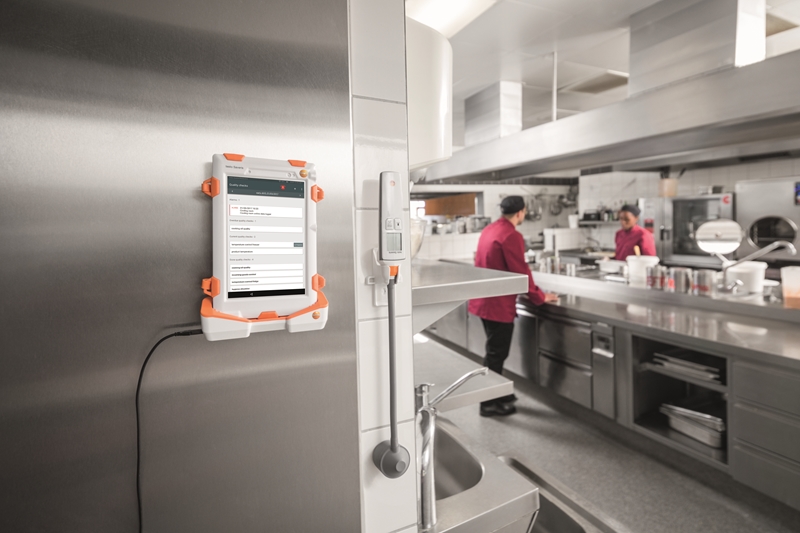
Testo's Saveris Food solution
The testo Saveris Food is the ultimate asset for digitising data logging and analysis. It monitors all relevant food safety parameters in one simplified workflow, reducing the risk of manual data entry mix ups or administrative errors.
This comprehensive food safety solution offers three main benefits:
- Users can improve data transparency across your food business, ensuring your Food Safety Supervisor and all other parties are across the information they need to know in order to make food preparation and trading safer.
- Business leaders have a streamlined ability to produce and share the reports needed to prove food safety compliance. With the testo testo Saveris Food solution, compliance is simpler than ever.
- Operators can benefit from greater efficiency in sorting and storing food safety data in one place. All data is automatically logged and entered into reports, reducing the risk of mistakes that can cost your business dearly.
EHOs' food safety audits improve businesses' approach to perishable goods preparation, storage and trading. Make sure your operations are in good hands with Testo's Saveris Food! Contact our sales team to learn more.






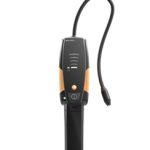
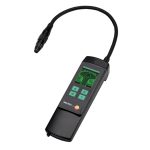

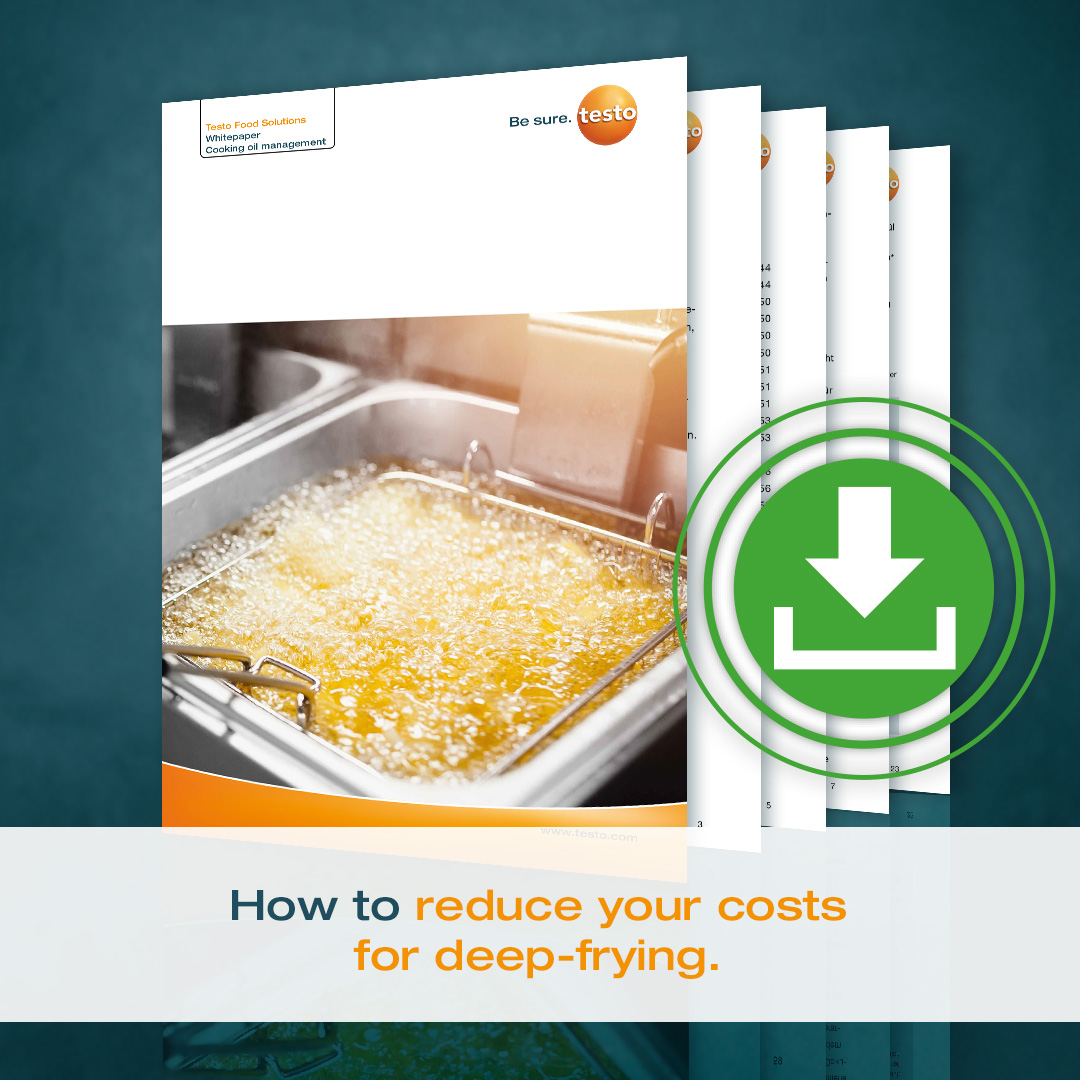 Reduce cooking oil costs while ensuring quality
Reduce cooking oil costs while ensuring quality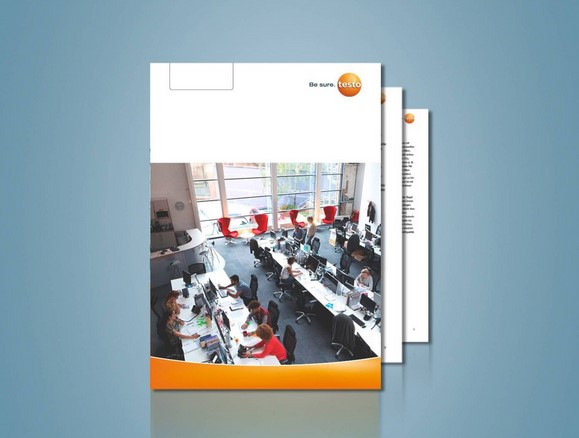 Expert knowledge on CO2 monitoring
Expert knowledge on CO2 monitoring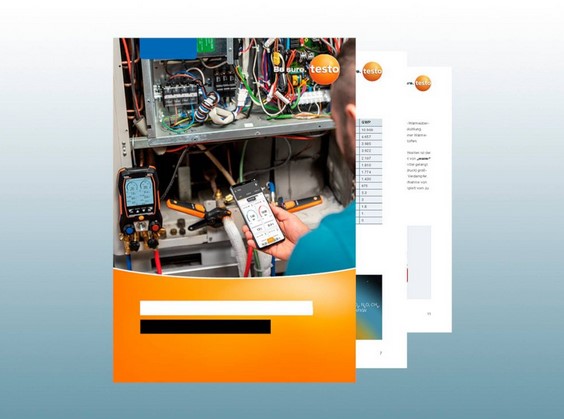 Refrigeration knowledge - in 3 modules
Refrigeration knowledge - in 3 modules



